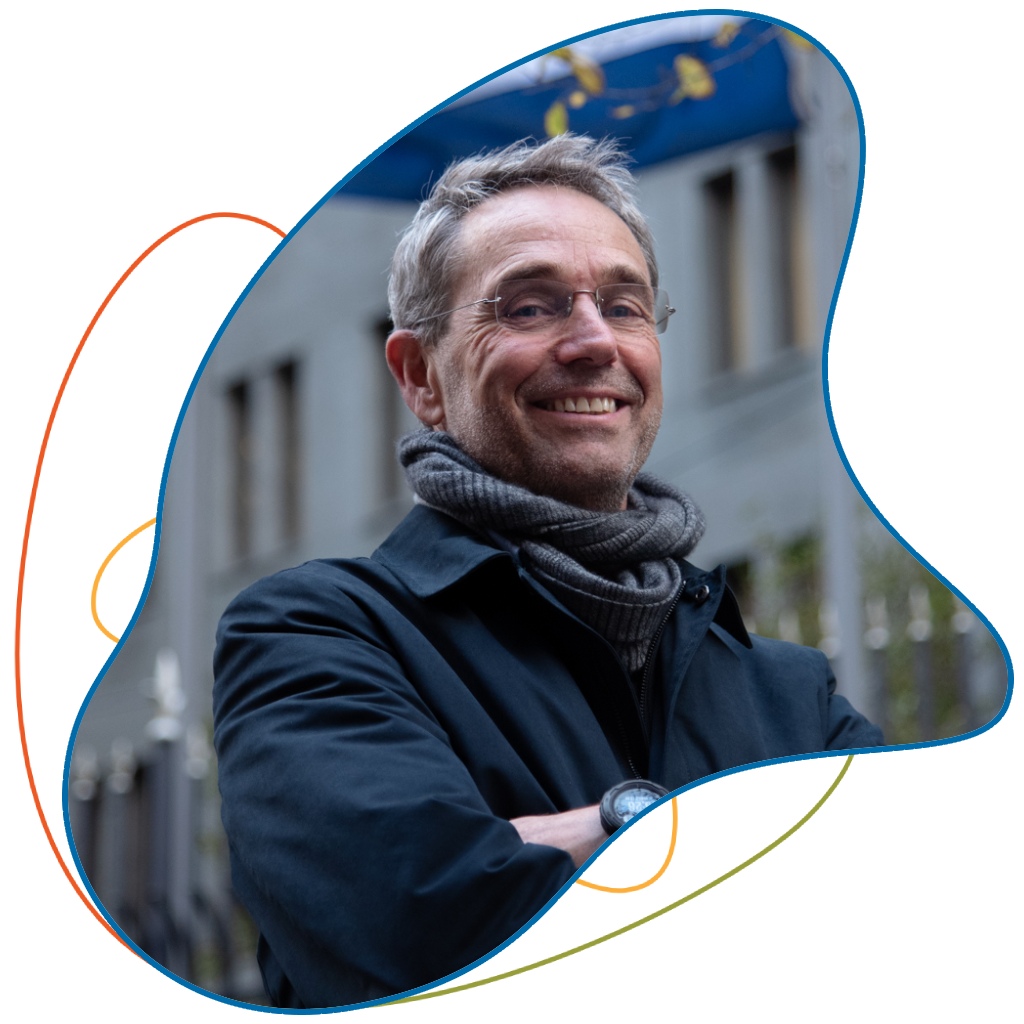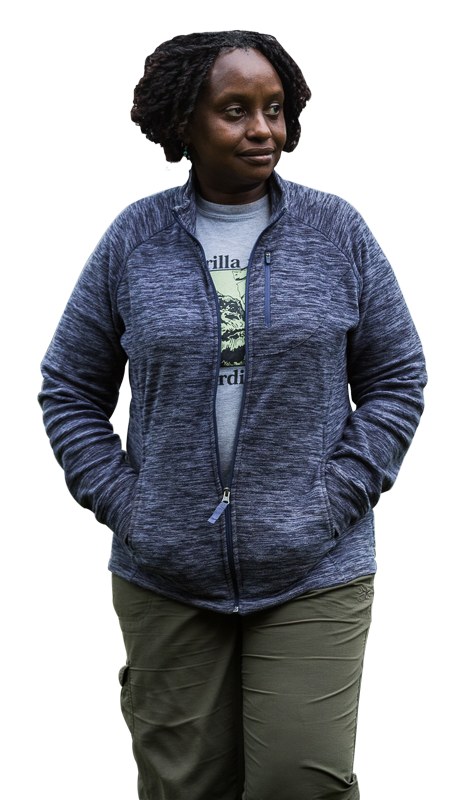
Sam Muller
Profile
Dr. Sam Muller is the founding director of HiiL, The Hague Institute for Innovation of Law, headquartered in The Netherlands. He has worked tirelessly to drive transparency in legal systems and develop ways of increasing access to justice for populations around the world through innovation. The single focus of his work remains the unshakeable belief that justice systems can and must deliver much more than they do and that we cannot continue with business as usual.
Muller was closely involved in establishing the International Criminal Court as adviser to the negotiators and one of its first staff members. Gradually he experienced limits to what the international courts could do. Wasn’t the best way to stop atrocities that come to the international tribunals to find ways to make national justice systems deliver better justice? So he left the UN system in 2005 to founded HiiL. Over the years, HiiL contributed to developing an approach to increasing justice delivery that is grounded in data about the justice needs and experiences of people. Muller’s work through HiiL actively engages justice leaders and diverse stakeholders to drive the necessary change. Learn more

